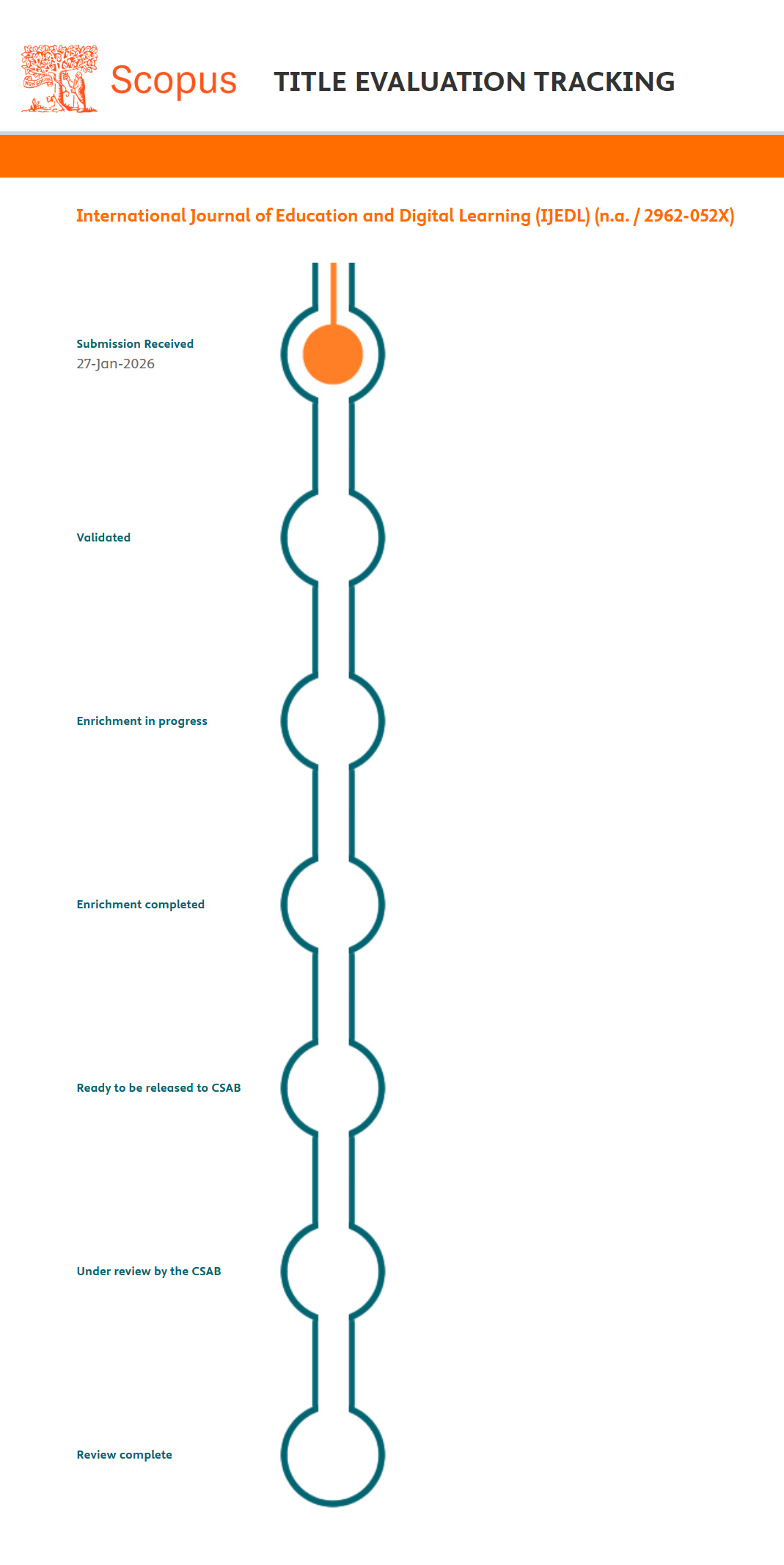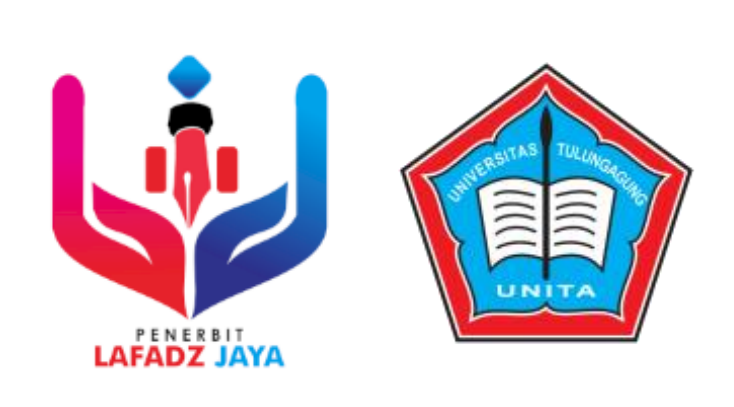Habituation of Queuing Culture through SIDIA Program to Achieve 21st Century SDGs Goals
DOI:
https://doi.org/10.47353/ijedl.v3i2.219Keywords:
SIDIA program, queuing culture, character of patience and disciplineAbstract
This research aims to examine the application of the SIDIA program in forming a queuing culture among elementary school students. Education at the elementary level is an important foundation in developing students' character, including discipline and patience. Observations at one school in Mataram showed that many students did not show good queuing behavior, such as crossing the line when entering class and being impatient when checking assignments. The SIDIA program is implemented both inside and outside the classroom to increase students' awareness of the importance of human culture. In the classroom, the methods used include presenting learning videos that teach character values such as patience and discipline. The results show a significant improvement in student behavior, such as discipline when submitting assignments and shaking hands with teachers outside the classroom. This program also succeeded in creating a more orderly queuing atmosphere, especially in the library, thanks to the use of partitions and attractive slogans. By implementing this program, it is hoped that the culture of queuing can become a habit that is ingrained in students' character, supporting broader and sustainable educational goals. Overall, this research emphasizes the importance of educational character in shaping good social behavior among students and provides recommendations for other schools to implement similar programs in order to achieve SDGs goals in the education sector.
Downloads
References
Ahsanulkhaq, M. (2019). Membentuk karakter religius peserta didik melalui metode pembiasaan. Jurnal Prakarsa Paedagogia, 2(1).
Ambarita, A. (2020). Pembentukan Karakter Peserta Didik Mendukung SDGs 2030. Prosiding Seminar Nasional. STKIP PGRI Bandar Lampung. https://proceeding.stkippgribl.ac.id/index.php/semnas/article/view/17/19
Amedi, A. M. (2018). Analisis Politik Hukum Pendidikan Dasar di Indonesia Demi Menyongsong Era Tujuan Pembangunan Berkelanjutan (Sustainable Development Goals/SDGs). Padjadjaran Law Review, 6.
Annur, S., Wati, M., Mahtari, S., & Prastika, M. D. (2018). Sustainable development goals (SDGs) dan peningkatan kualitas pendidikan. In Seminar Nasional Pendidikan, 251-255).
Arianty, A. D., & Winaryati, E. (2023). Pengembangan Jateng Perpustakaan Digital sebagai Upaya Mewujudkan Tujuan Pembangunan Berkelanjutan (SDGs) di Bidang Pendidikan. Development of Jateng Digital Library as an Effort to Realize Sustainable Development Goals (SDGs) in Education Sector. 6, 338–347.
Chairilsyah, D. (2015). Metode dan Teknik Mengajarkan Habituasi Antre pada Anak Usia Dini. Jurnal Educhild, 4(2), 79–84.
Direktorat Pembinaan Pendidikan Anak Usia Dini Direktorat Jenderal Pendidikan Anak Usia Dini, Nonformal, dan Informal Kementerian Pendidikan Nasional. 2012. Pedoman Pendidikan Karakter Pada Pendidikan Anak usia Dini
Federick, A. (2020). Finland Education System. International Journal Of Science And Society, 2(2), 21–32. http://Ijsoc.Goacademica.Com
Hidayati, N., Pusari, R. W., Pendidikan, F. I., & Pendidikan, F. I. (2019). Habituasi antre sebagai pembangun karakter menghargai hak orang lain. Seminar Nasional PAUD, 135–141
Lickona, T. 1992. Educating for Character, How Our Schools Can Teach Respect and Responsibility. Bantam Books, New York.
Lombu, S. K., & Suprihatin, E. (2020). Studi Tentang Perkembangan Kesabaran Anak 4-5 Tahun Melalui Habituasi Antre di TK Bina Kasih Terpadu. EDULEAD: Journal of Christian Education and Leadership, 1(2), 114–128. https://doi.org/10.47530/edulead.v1i2.31
Muslim, A. Q. (2021). Analisis Kebijakan Pendidikan di Jepang, Finlandia, China, dan Indonesia dalam Mendukung Sustainable Development Goals. Adi Widya: Jurnal Pendidikan Dasar, 6 (2), 170–186.
Saptatiningsih, R. I., & Permana, S. A. (2019). Early Childhood Character Building Troughtechnological Education. Journal of Physics: Conference Series, 1254(1), 1–9. https://doi.org/10.1088/1742-6596/1254/1/012048
Siahaan, S. (2005). “PemanfaatanTeknologidalam PTJJ”. Jurnal Teknologi Pendidikan, 1(6), 24
United Nations. (2015). Transforming our world: The 2030 Agenda for Sustainable Development. United Nations. Link.
Irawan, F., & Sugiarto, A. (2019). Penerapan Teknologi Informasi dalam Pengelolaan Antrean Publik untuk Meningkatkan Efisiensi dan Kedisiplinan Masyarakat. Jurnal Teknologi dan Sistem Informasi, 5(1), 17-30.
Kementerian Perencanaan Pembangunan Nasional Republik Indonesia. (2020). Pencapaian Tujuan SDGs di Indonesia. Jakarta: Bappenas.
Downloads
Published
How to Cite
Issue
Section
License
Copyright (c) 2024 Suparman Rosid, Bq. Weddayu Murferatiwi, Virgynia Merpati Dirgantari, Lina Komala Sari, Sri Endang, Lalu Sumardi, Dadi Setiadi

This work is licensed under a Creative Commons Attribution-ShareAlike 4.0 International License.












